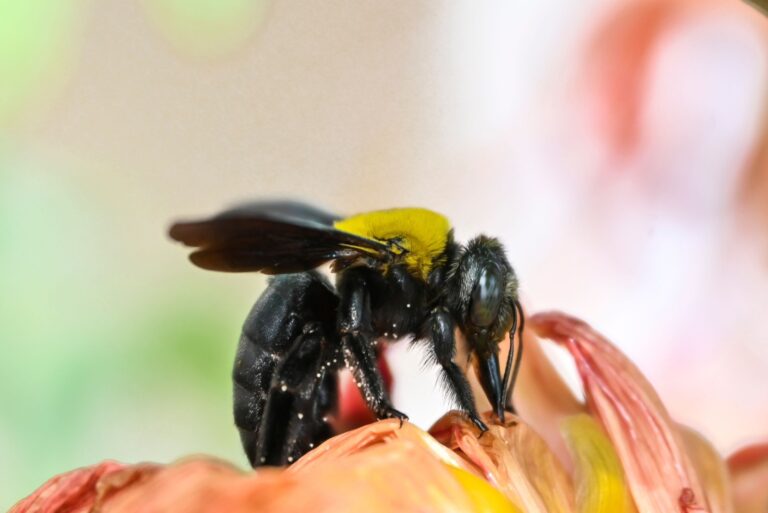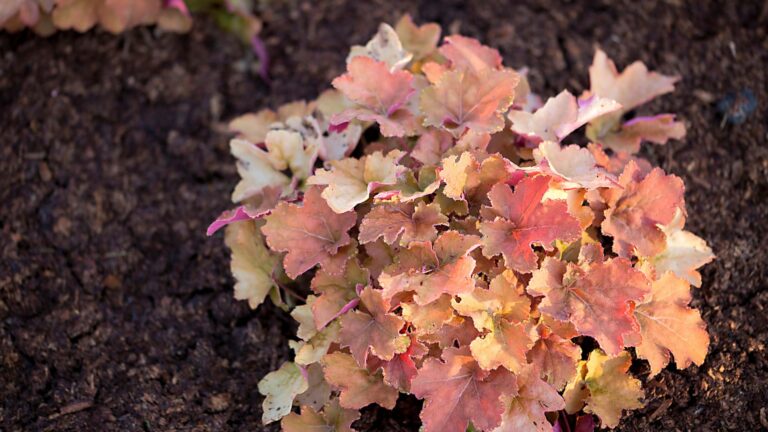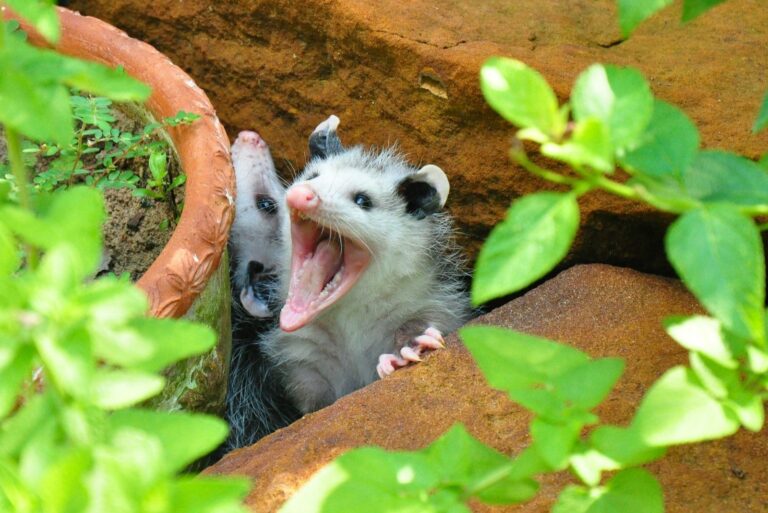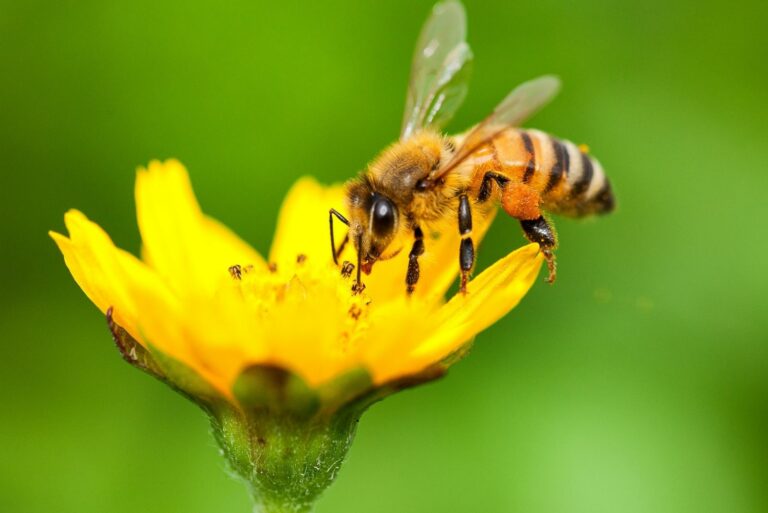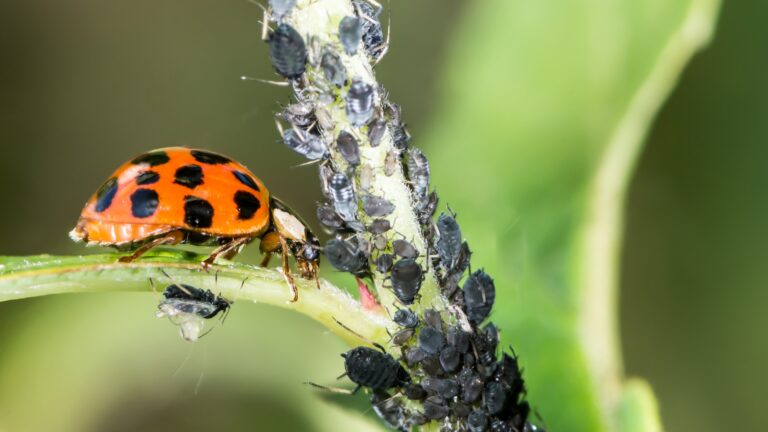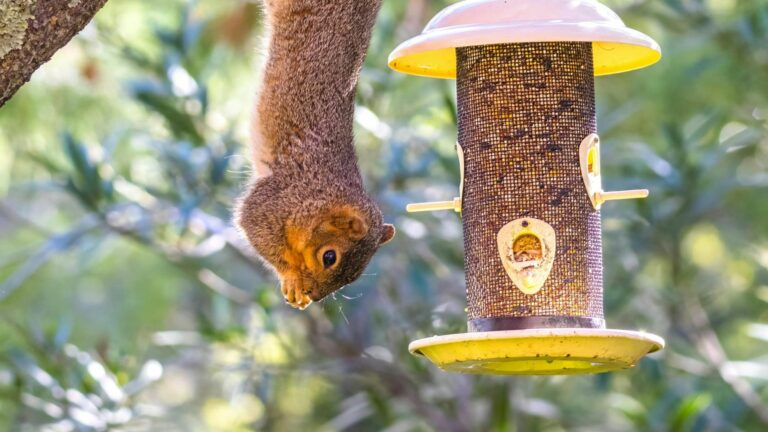7 Things Colorado Homeowners Should Know Before Removing Possums From The Yard
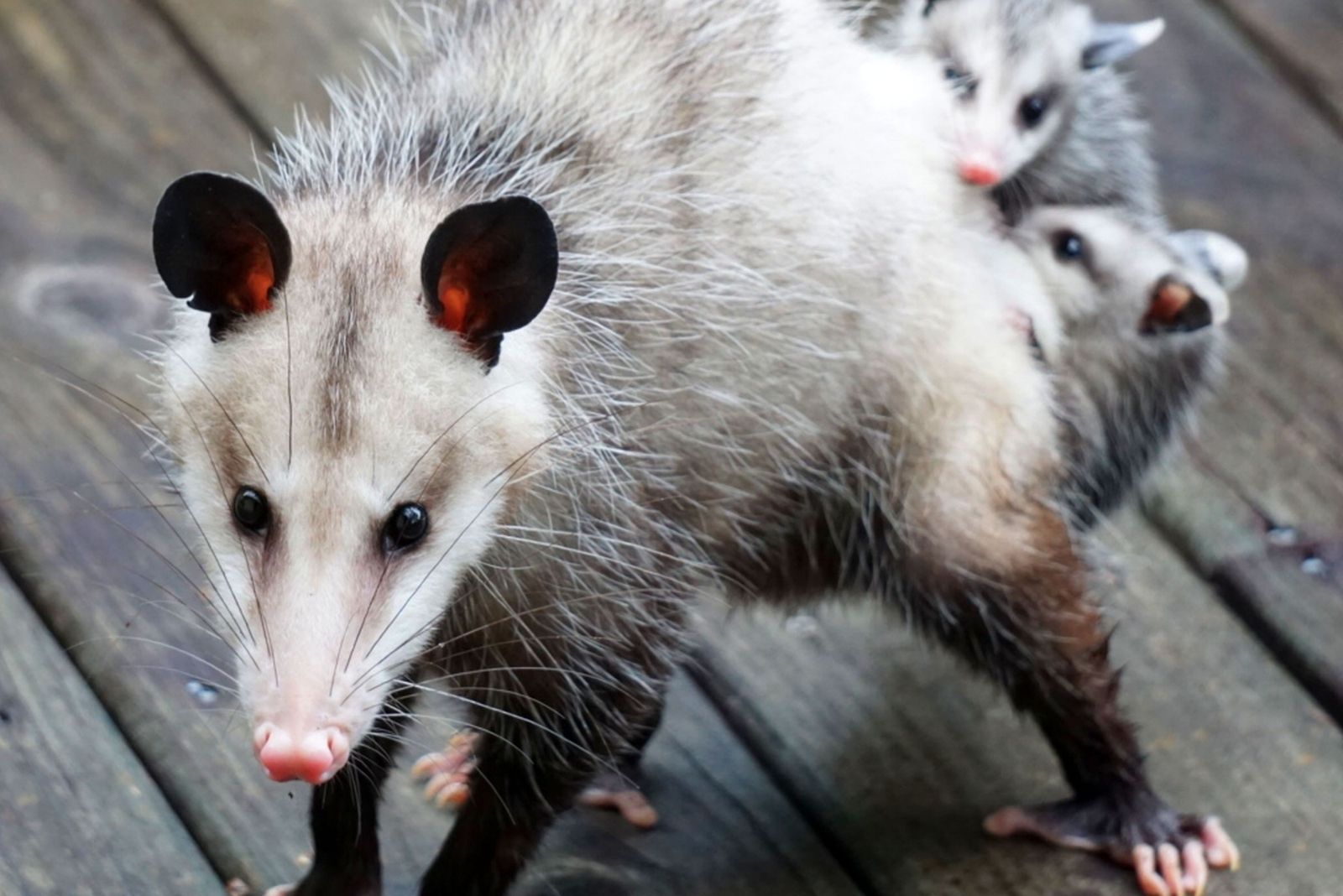
Possums often wander into Colorado yards, especially near gardens and flower beds where they search for food and shelter. While they might seem like pests, these nocturnal visitors play important roles in our local ecosystem.
In my own Colorado backyard, I’ve noticed how possums can sometimes disrupt flower beds and vegetable patches, which taught me a few crucial lessons before taking any action.
Understanding their behavior and the laws surrounding wildlife removal can help you make smarter, safer choices for both your plants and these misunderstood creatures.
1. Possums Are Actually Beneficial For Your Garden
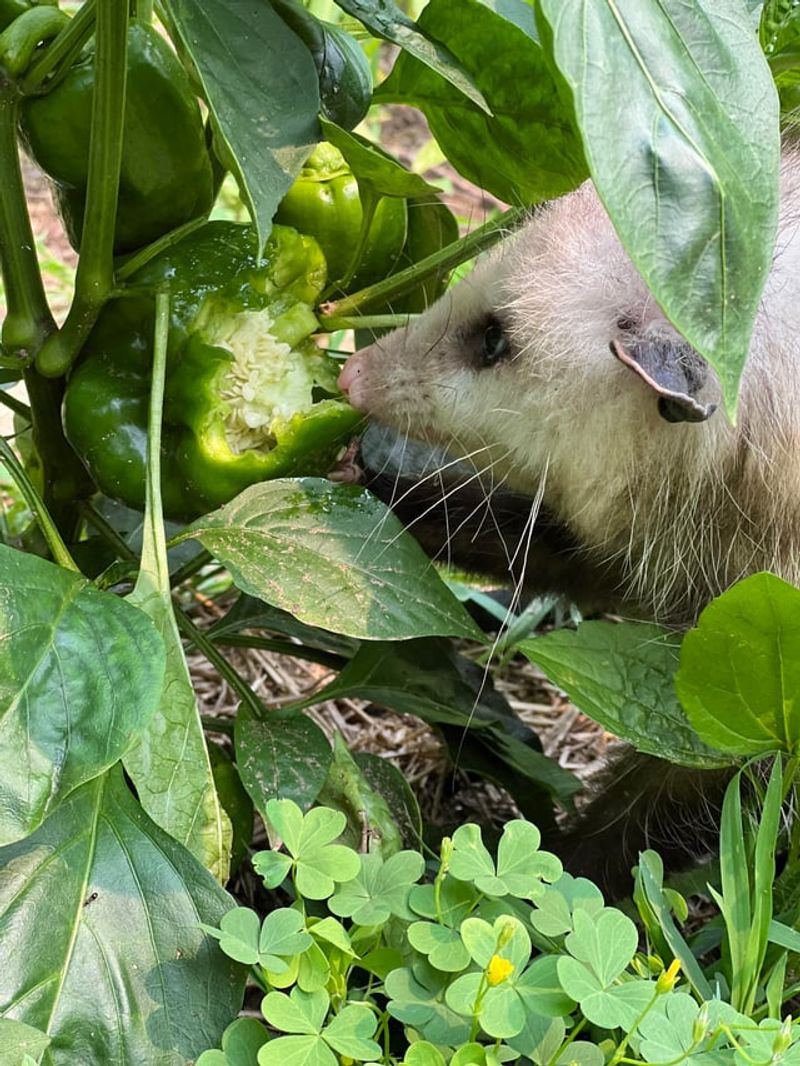
Many homeowners don’t realize that possums eat thousands of ticks, insects, and garden pests each season. They consume beetles, slugs, and snails that damage tomato plants, lettuce, and other vegetables.
Instead of harming your garden, possums often protect it by controlling pest populations naturally. They rarely dig up plants or damage roots like other wildlife might.
I once blamed a possum for ruining my strawberry patch, only to discover later that slugs were the real culprits. The possum was actually helping keep those slimy pests under control, teaching me to look closer before jumping to conclusions.
2. Colorado Wildlife Laws Protect Possums
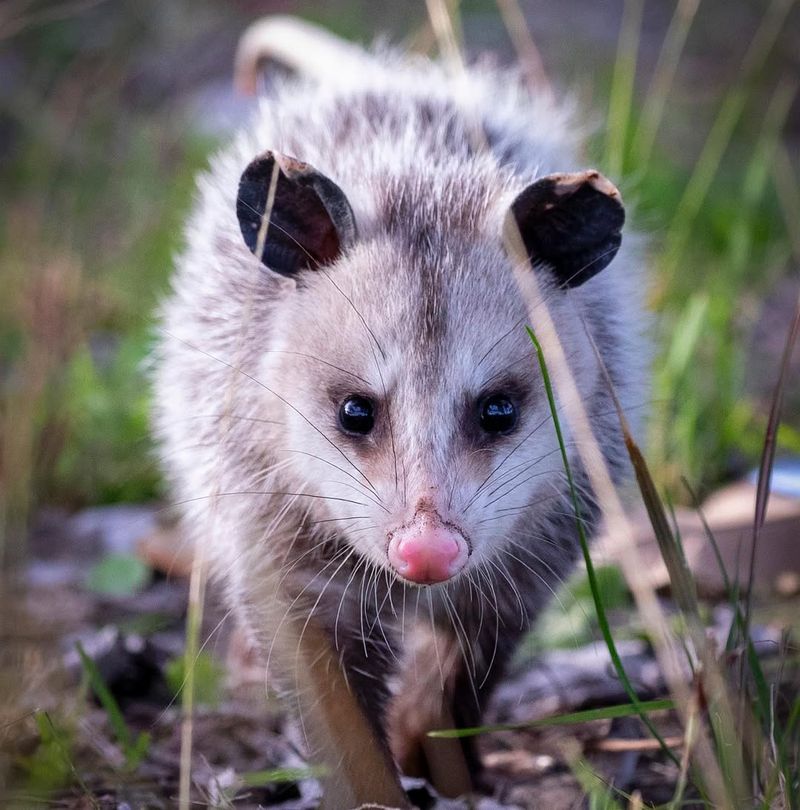
State regulations require homeowners to follow specific rules when dealing with wildlife on their property. Trapping or relocating possums without proper permits can result in fines and legal trouble.
Colorado Parks and Wildlife recommends humane methods and often discourages relocation because possums struggle to survive in unfamiliar territory. Your roses and shrubs are safer when you work within legal boundaries.
A neighbor once trapped a possum near her herb garden and released it miles away, only to receive a warning from wildlife officials. She learned that prevention and coexistence strategies work better than removal.
3. They Rarely Cause Serious Damage To Plants
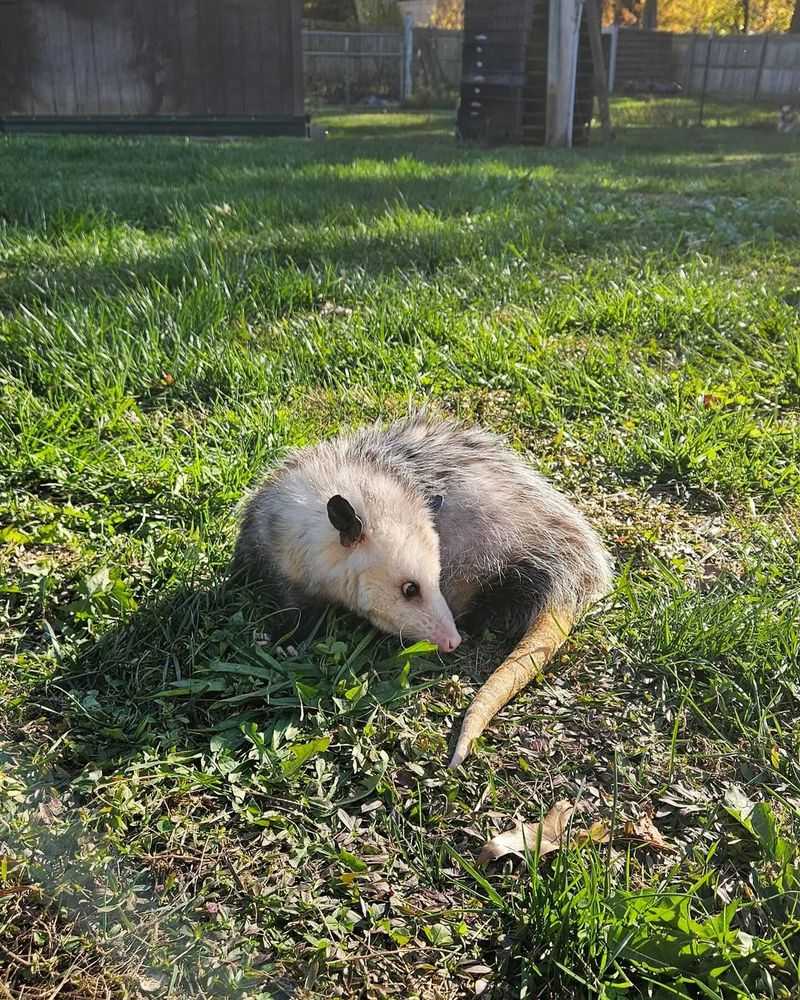
Unlike rabbits or deer, possums don’t typically munch on your prized petunias or hostas. Their diet consists mainly of carrion, insects, and fallen fruit rather than living plants.
If you notice disturbances around your garden beds, other animals like raccoons or skunks are more likely responsible. Possums prefer scavenging over active foraging through healthy vegetation.
After installing a motion camera near my vegetable patch, I discovered that raccoons were knocking over pots and digging through mulch. The possum simply wandered through peacefully, barely touching anything, which completely changed my perspective on these quiet visitors.
4. Exclusion Methods Work Better Than Removal
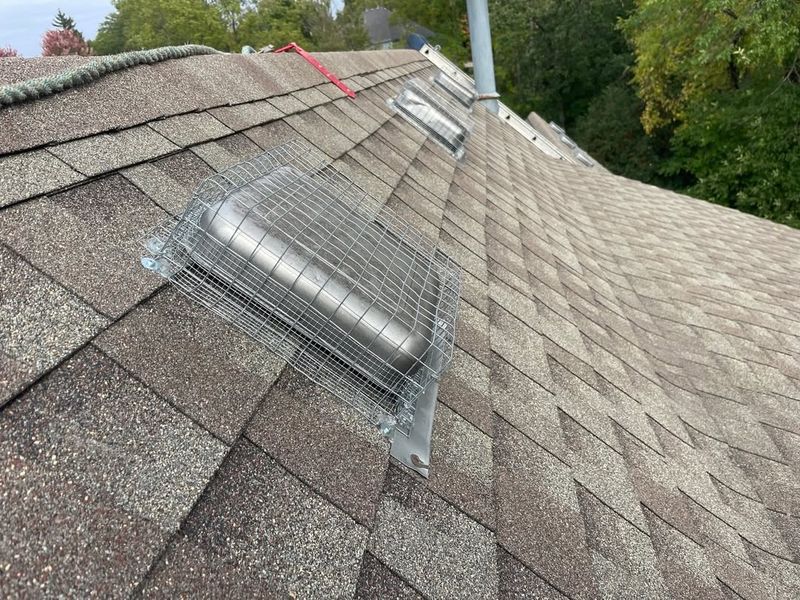
Creating barriers around vulnerable areas keeps possums away without harming them or breaking wildlife laws. Simple fencing around compost bins, raised garden beds, and fruit trees prevents access effectively.
Sealing gaps under decks, sheds, and porches eliminates hiding spots where possums might nest near your tulips or daffodils. Motion-activated sprinklers also discourage nighttime visits without chemicals or traps.
When I secured my compost area with wire mesh and added a sprinkler system, possum visits dropped significantly. My marigolds and zinnias remained untouched, and I avoided the hassle and expense of hiring removal services or dealing with permits.
5. Possums Are Immune To Many Snake Venoms
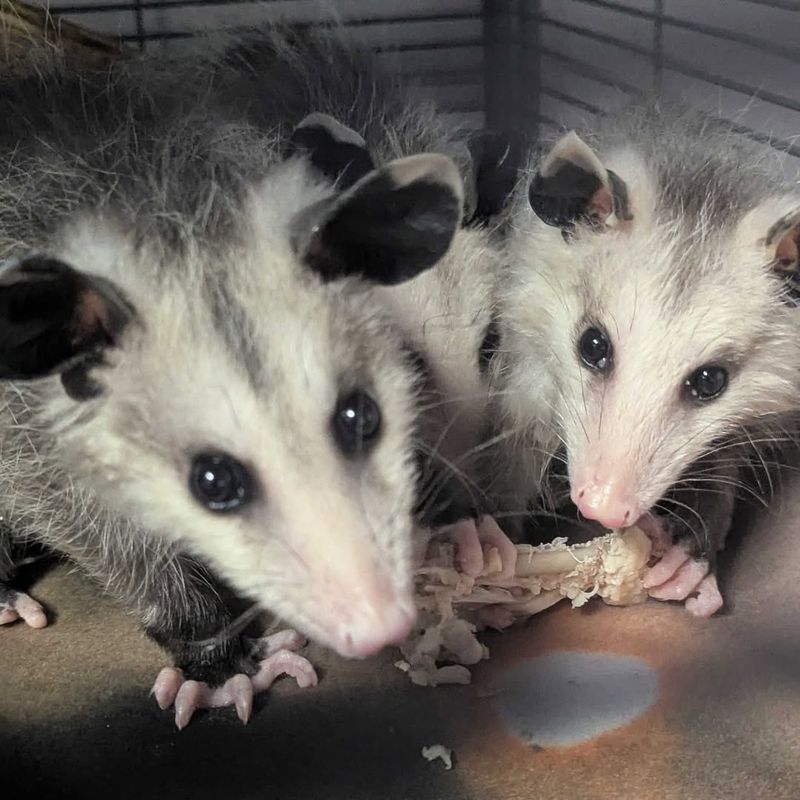
These marsupials have natural resistance to rattlesnake venom, making them valuable allies in Colorado yards where venomous snakes sometimes appear. They help keep snake populations in check by competing for food sources and territory.
Having possums around your iris beds and rock gardens can actually reduce unwanted snake encounters. Their presence creates a safer environment for you and your family during gardening activities.
Last summer, a rattlesnake appeared near my daylilies, and I noticed a possum frequenting that same area afterward. Wildlife experts told me the possum’s presence likely discouraged the snake from returning, giving me peace of mind while tending my flowers.
6. They Are Temporary Visitors, Not Permanent Residents
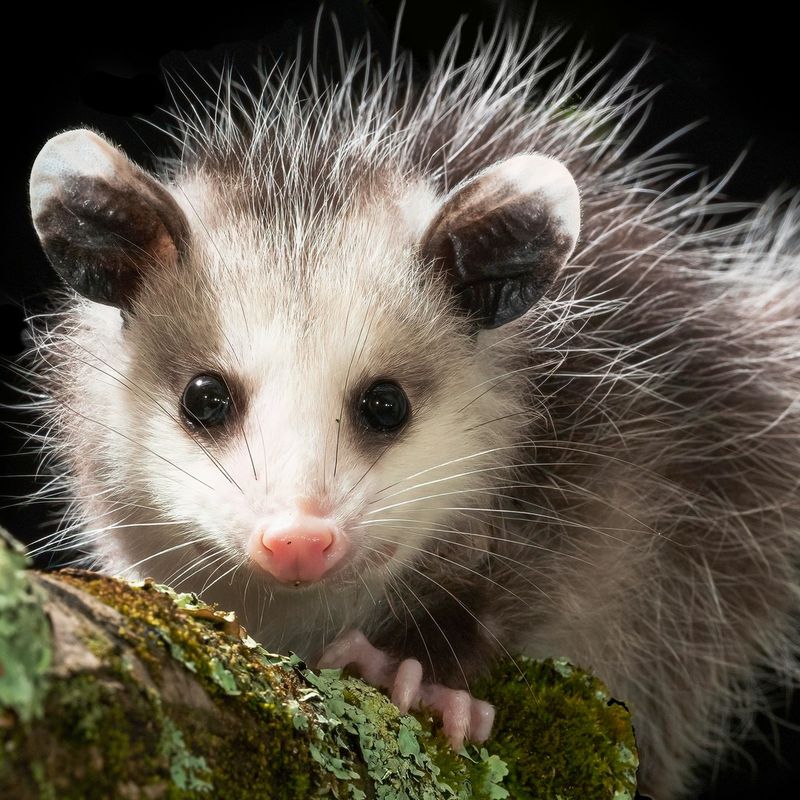
Possums are nomadic creatures that rarely stay in one location for more than a few days or weeks. They travel through neighborhoods searching for food and shelter, then move along naturally.
Your pansies and perennials won’t face long-term threats from these transient visitors. Patience often solves the problem without any intervention, allowing your landscape to remain undisturbed.
When a possum appeared under my porch near the columbines, I resisted the urge to call removal services. Within ten days, it disappeared on its own, and my garden remained perfectly intact throughout its brief stay.
7. Removal Can Create Bigger Problems
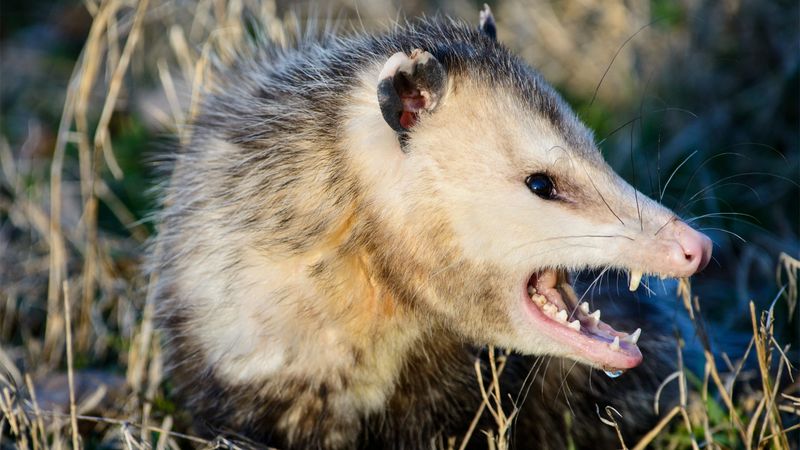
Eliminating one possum often invites more aggressive animals like raccoons, skunks, or rats to fill the vacant territory. These replacements typically cause more damage to gardens and landscaping than possums ever would.
Your basil, oregano, and other herbs face greater risks from newcomers who dig, spray, or actively feed on plants. Possums maintain a balance that benefits your yard’s ecosystem.
After a friend removed possums from her property, rats invaded her garden within weeks, destroying her pepper plants and carrots. She regretted the decision and worked to attract possums back as natural pest controllers for her Colorado garden.

